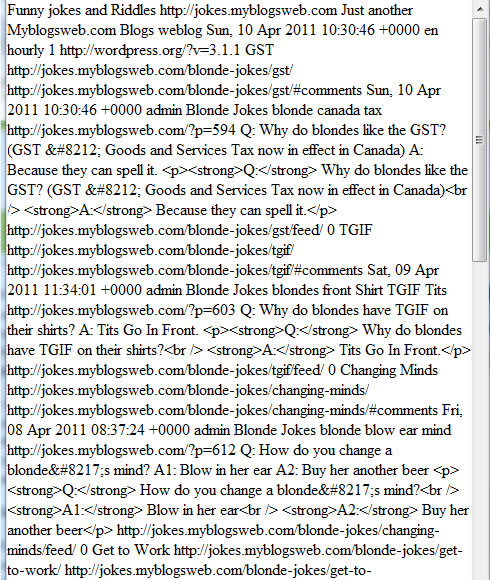I’ve been thinking to start publishing regularly on my blog, and I needed ideas for that. I found out several good tips on how to get ideas for your blog posts, and I’m sharing them here to help other bloggers too!
Use Google News – Google news (http://news.google.com) is a great way to stay updated with industry related news. Use your keywords to find latest news and updates to find a story which interests you. You might find an interesting news story, or you can write about something you agree or disagree with. Be sure to search around for related stories to get ideas and use your thoughts while writing content. Remember, do not simply repost summaries of the news you read on Google because that will only lead to duplicate content being added to your site. If you add your opinion or view point in the article, it gives it genuine value and makes it more interesting for the readers.
Leading Industry Blogs – Find out what other leading industry bloggers are discussing and posting on their blogs. If something new is happening in your industry, you should discuss it on your blog too. Read through “expert” blogs of your specific industry and subscribe to their RSS feeds.
Website User Logs – Use your website analytics to look for “long tail” keywords or phrases which are relevant to your website. Find information about those subjects and write detailed articles about these areas. Since these keywords were used by users when they come to your site, they will be interested in reading more about them. Focusing on less popular or obscure phrases, keywords and search terms helps in bringing targeted customers and readers to your site. These keywords will also attract more traffic to your site or blog.
Search for specifics in your industry niche – You might think that there is a lot of information related to your industry published on the internet, but that is not always the case. If you start searching a particular topic, you will find areas which have minimal content published. If you are searching for it, there can be other users searching for it too. Use this opportunity to develop and write content. Do your research and write a blog post on that topic.
If you are good at tackling controversial topics, which most people find difficult to write about, you can consider writing challenging content as an opportunity. These kinds of topics are often overlooked, but can attract a lot of users to your blog, which will result in an increase in the number of comments people leave on your posts.
You might be wondering that the sources for new content mentioned above are all originating from content already present on the web, but you will be surprised to know that ideas for blog posts are mostly influenced by other web content. Use these tips to write unique, fresh and compelling content to add to your blog. You will not only find an increase in the website rankings and search engine traffic, but you will also experience an increase in your subscribers.
